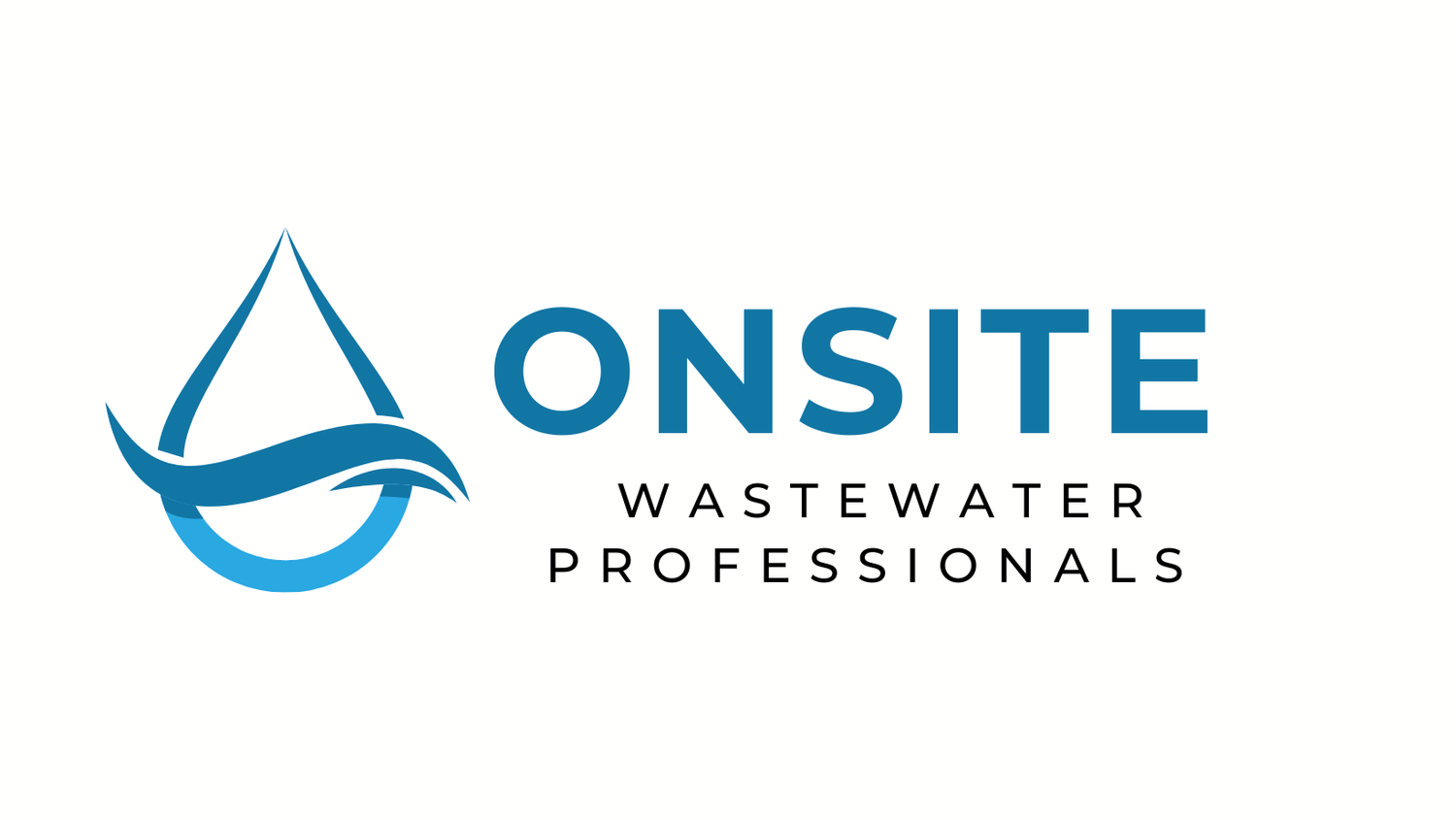Norweco’s Singulair Systems Receive NC Approval
The North Carolina Department of Health and Human Services has officially approved Norweco’s Singulair and Singulair Green Model 960 systems as an Innovative Wastewater System in the state. This approval, effective March 5, 2025, means these advanced pretreatment systems can now be installed under specific conditions outlined by state regulations. For professionals in the onsite wastewater industry, this marks an important development, as the approval introduces new treatment options designed to meet TS-I effluent standards in residential and small commercial applications.
What Makes the Singulair Model 960 System Different?
The Singulair Model 960 is an advanced pretreatment system that aerates, clarifies, and filters wastewater before dispersal. The system includes:
Pretreatment Chamber – Allows solids to settle before aeration.
Aeration Chamber – Uses oxygen to promote biological treatment.
Clarification Chamber – Further separates solids from treated water.
Bio-Kinetic System – Helps regulate flow and final filtration before effluent dispersal.
The system is available in both concrete and high-density polyethylene (HDPE), giving installers flexibility based on site conditions, client needs, and logistical considerations.
Where Can These Systems Be Used?
The approval covers installations for systems handling up to 3,000 gallons per day (gpd) of domestic wastewater. Any installation exceeding this flow rate requires additional state review. For commercial or high-strength wastewater applications, including restaurants or industrial sites, a North Carolina-licensed Professional Engineer (PE) must be involved in the design, and the Department of Health and Human Services must approve the project on a case-by-case basis.
Installation and Site Requirements
The Singulair Model 960 system is subject to standard siting and dispersal field regulations under 15A NCAC 18E:
Drip Irrigation & Dispersal Sizing – Must comply with state-approved guidelines for TS-I systems.
Setback Requirements – The system must meet minimum distances from wells, property lines, and water sources.
Wastewater Strength – Sites must have wastewater with adequate alkalinity to support biological treatment.
Traffic Restrictions – These systems cannot be installed under driveways, parking areas, or other traffic-bearing surfaces.
A preconstruction conference is required before installation, involving the installer, designer, Norweco representative, and local health department to ensure compliance.
Operation, Maintenance, and Monitoring
Once installed, the Singulair Model 960 system requires ongoing monitoring and maintenance.
Inspections – Systems ≤1,500 gpd require annual effluent testing for BOD₅, TSS, and NH₃; systems >1,500 gpdrequire semi-annual testing.
Operator Requirements – A North Carolina-certified subsurface operator must oversee maintenance and submit reports to Norweco, the local health department, and the system owner.
Maintenance Logs – Reports must document sludge levels, aerator function, effluent clarity, pump performance, and any needed repairs.
What This Means for North Carolina’s Septic Industry
The approval of Norweco’s Singulair Model 960 system gives septic installers, designers, and engineers another option for advanced wastewater treatment in North Carolina.
More Treatment Options – Provides a certified alternative for TS-I wastewater treatment in challenging sites.
Potential for New Installations – Can be used in residential developments, small businesses, and retrofit projects needing enhanced treatment.
Education and Training – Installers and operators may benefit from training sessions on proper installation, operation, and maintenance.
For full details on system specifications, regulatory requirements, and installation guidelines, visit Norweco.com. To view the North Carolina Approval click here.
This approval is a step forward in wastewater treatment technology, helping installers, regulators and system designers meet increasingly stringent environmental and regulatory standards.


